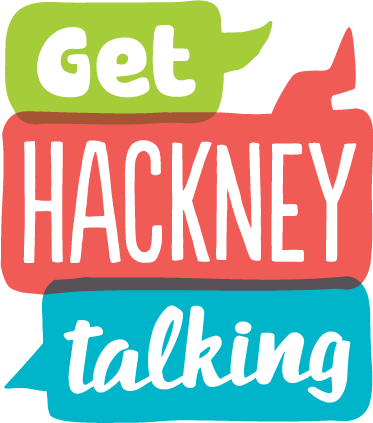What is Speech and Language Therapy (SLT)?
The SLT service in Hackney is a team of Speech and Language Therapists jointly funded by health and education. Speech and Language Therapists work with young people with Speech, Language and Communication Needs (SLCN). We work with young people at home, in school, in alternative provisions and in the community. At secondary age we mostly see young people in school.
What are Speech, Language and Communication Needs (SLCN)?
Speech, Language and Communication Needs include difficulties with:
- Attending and listening to spoken information
- Understanding and remembering spoken language such as understanding instructions, words, explanations and descriptions
- Using spoken language to express oneself such as finding the right words and putting sentences together in order to describe events, explain thoughts, ideas and feelings and to tell stories
- Social communication skills such as understanding and using non-verbal communication (e.g. body language), conversation skills and interacting with other people
- Speech such as saying the sounds in words correctly and speaking fluently or smoothly
What is the purpose of SLT?
SLT aims to improve the speech, language and communication skills of young people. We may do this through working directly with young people on their communication skills but also through supporting others to enhance a young person’s communication skills. We may work closely with any adult involved in the young person’s life including teachers, teaching assistants, parents/carers and youth workers. Any adult who interacts with a young person with SLCN can be supported to improve a young person’s communication skills.
What does Speech and Language Therapy offer in Secondary Schools?
What SLT offers a young person will be tailored to their current communication needs. What we provide can include:
- Assessment of the young person’s speech, language and communication skills. This gives us an up to date picture of the young person’s strengths and difficulties and helps decide what support they need.
- Groups or individual therapy sessions led by a Speech and Language Therapist or trained member of school staff to target particular functional communication skills including:
- Self-help strategies such as helping the young person to identify when they have not understood and ask for clarification, strategies for learning new words and remembering information
- Self-awareness of the young person’s own communication strengths and needs and, where appropriate, understanding their diagnosis
- Communication skills for independence such as study skills, communication skills for interviews and independent travel
- Social communication skills for meeting new people, making friends and participating in activities in the local community
- Whole class sessions delivered jointly with a teacher targeting particular language and communication skills and to support access to the curriculum
- Advice, strategies, training and resources for others to use to support the young person’s access to class, home and community activities
- Programmes to be carried out at home by parents/carers


